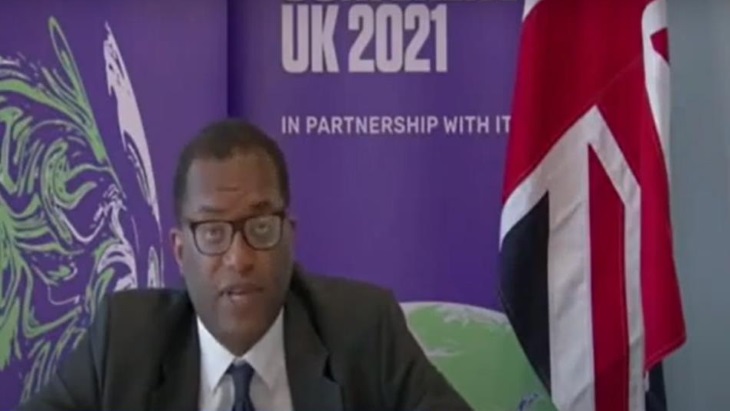The COP26 Energy Transition Council reflects the advice of the International Energy Agency (IEA), that to meet the goals of the Paris Agreement, the global transition to clean power needs to move four times faster than its current pace, Callanan said. Fatih Birol, IEA executive director, and Francesco La Camera, director general of the International Renewable Energy Agency, have agreed to work together with the COP26 hosts on this initiative. Damilola Ogunbiyi, the UN secretary general's special representative for sustainable energy, will join Sharma as co-chair of the Council.
"In the UK, the growth of renewables and a strong carbon price have cut coal's share of electricity generation from 40% in 2012 to only 2% last year," Callanan said. "We recently went 67 days with no coal power at all. This is the fastest power sector decarbonisation in the world."
The UK generates about 20% of its electricity from low-carbon nuclear, but almost half of current capacity is to be retired by 2025. A new twin-unit nuclear power plant is under construction in Somerset, England, by EDF and China General Nuclear. Investment in other new plants, including Sizewell C in Suffolk, has yet to be decided.
A recent report from the Carbon Trust shows strong government policy has been the driving force behind the fall in costs of offshore wind power in the UK, Callanan noted, adding that the latest contracts, for projects commissioning in 2025, are expected to supply offshore wind power at a cost 30% cheaper than that of gas.
"If our electricity prices return to their pre-COVID levels, these contracts will no longer be subsidising offshore wind; they will be generating revenues for the public purse," he said.
Despite this progress, he said there are countries where new coal power plants are still being built, and coal-dependent communities that face real challenges in making a 'just transition'.
There are two important ways to cooperate; the first is through innovation, Callanan said, before announcing a GBP50 million investment in a new Clean Energy Innovation Facility. "This will help developing countries accelerate the commercialisation of clean energy technologies, supporting clean growth and a resilient recovery from COVID-19," he said.
The second way is by growing the global markets for clean technologies, he said. "If we act together, we can increase economies of scale, and we can bring down costs for everyone. As we enter a new decade, we must abandon the idea that reducing global emissions is a challenge of burden sharing. The challenge, instead, is one of opportunity sharing: working together to accelerate the transition to zero emission technologies that give us cheaper energy, cleaner air, and more jobs and growth."
At the Clean Energy Ministerial yesterday, Kwarsi Kwarteng, UK minister for Business, Energy and Industrial Strategy, said the COP26 Energy Transition Council would "bring together political, technical and finance leaders to accelerate the clean energy transition".
He referred to Prime Minister Boris Johnson's announcement to the United Nations last year that he was doubling the UK's international climate finance commitment to GBP11.6 billion pounds (USD14.8 billion) over 2021 to 2025, to help mobilise further finance from public and private sources.
Noting that the UK is joining CEM's steering committee "to help drive its ambitious agenda", Kwarteng said: "The economics of the case are increasingly on our side. Let us work together to make our shared clean energy vision a reality."
In his own address to participants in the meeting, Birol said: "CEM can play a very important role to support governments and the private sector to raise their ambitions in this very difficult year. The next 10 years are very important, but more important are the next three years. How do we recover from the COVID economic situation in a sustainable way, and therefore the sustainable recovery plan of the IEA - designed together with the IMF - can be a very good guide."















